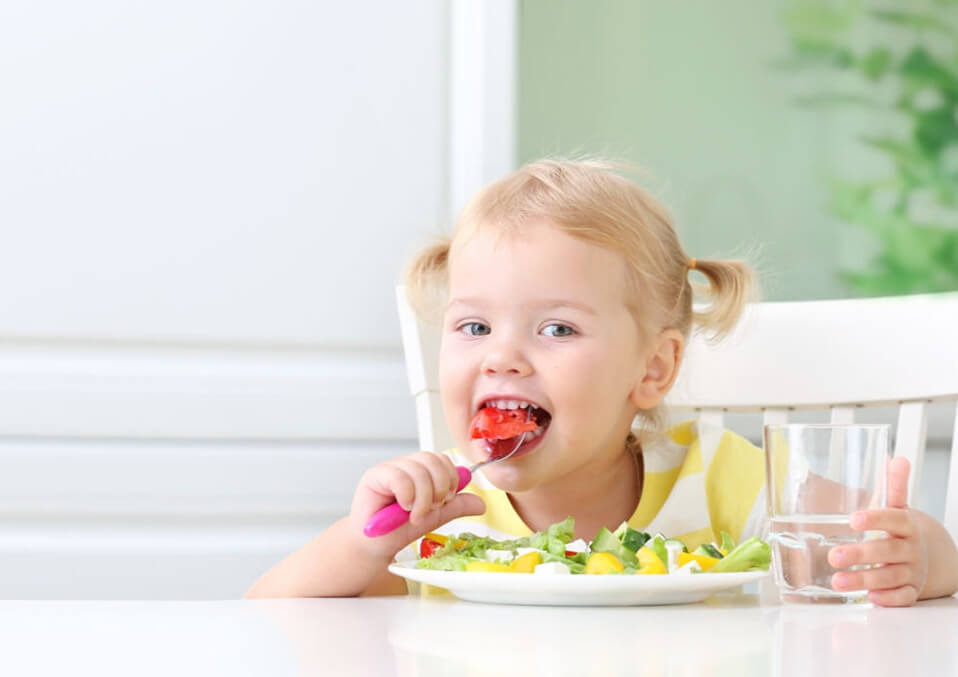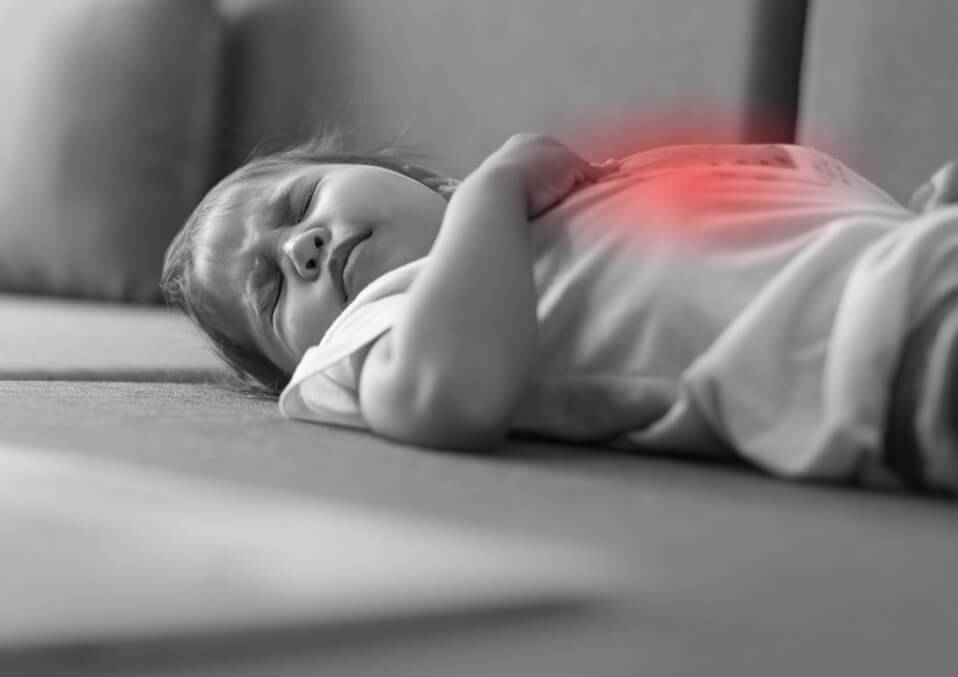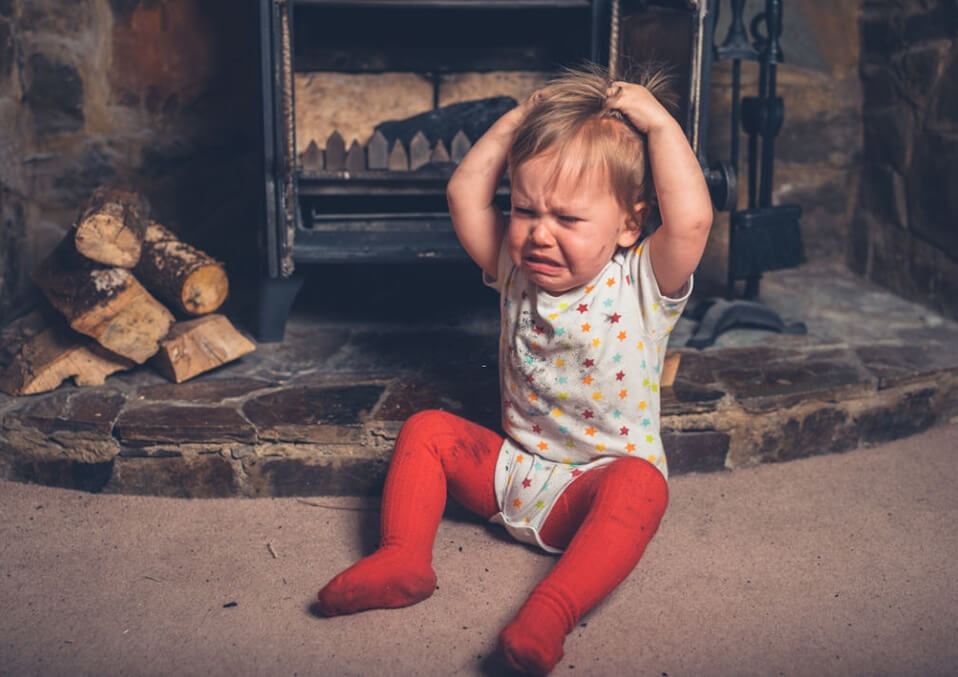The poop is brown, but it can be a different color each day. This is not a great cause to worry. Depending on the age of a baby, infant or child, the reasons for green poop could be different.
Continue reading this article to find out the causes of green poop in infants and toddlers, warning signs and when to see the doctor.
Causes of green poop in infants and toddlers
The poop is normally brown since it has bile. The liver produces bile, a fluid with brownish-green color. When the liver is working properly, it creates more bile to the poop making it a brown color. Since the bile has a brownish-green appearance, it can often look like a green poop. Essentially, the green poop toddler is not uncommon.
When the poop of the baby has a yellow or orange color, it’s because the bile fluid is combined with the baby’s diet.
The most prominent causes of green poop in infants and toddlers are diet and diarrhea.
Diet
Mostly, a baby’s poop becomes green because the baby has consumed green food that has chlorophyll. It is the substance produces all green plants and also can change the baby poop to green.
Foods that cause of green poop in infants and toddlers are:

- Green, leafy vegetables like spinach, lettuce, and kale
- iron supplements can change the poop into green or black
- cakes, candy frosting that has artificial coloring
Diarrhea
This is often the culprit of green fuzzy poop. Diarrhea occurs when the small intestine cannot get enough water because of a virus.
Due to diarrhea changes the electrolytes and water amount in poop, and it’s moving in the digestive system quicker than usual, it can cause green poop toddler.
The following are the common diarrhea causes in babies and toddlers:
- norovirus
- bacterial toxicities, like salmonella
- rotavirus, which doctors immunize all children against
- caffeine
- food poisoning
- treatments, like antibiotics

The serious cases of diarrhea in babies and toddlers could be a sign of underlying problem including:
- irritable bowel syndrome (IBS)
- Crohn’s disease
- inflammatory bowel disease (IBD)
- hyperthyroidism
- food allergies such as to gluten because of Celiac disease
- cancer, though it’s very rare
Also, parasites can cause diarrhea. Babies are more prone to germs and bacteria especially if they don’t know how to wash their hands properly.
Green poo in children
When a baby or toddler starts eating solids and stops breastmilk or formula, their food becomes the culprit of having a thick green stool. And this includes the green veggies and synthetic food colorings.
If your baby or toddler is health, the green poop is not a concern.
Diarrhea in babies can be detrimental especially if last a couple of days. All parents must check for symptoms of dehydration that include:

- dry, cracked lips
- low energy
- dry or irritated skin
- not perspiring
- dark urine
- irritability
- occasional peeing or none
- no tears when crying
To avoid dehydration, the parent must give their baby or toddler a pediatric electrolyte juice and push your child to drink more water daily.
Warning Signs
Immediately visit a doctor when a baby has diarrhea or any of the signs and symptoms below:
- no interest in eating
- signs of lack of fluids
- fever of above 100.4°F
- nausea
Outlook
Motherhood is full of surprises and frightening moments, too. They find themselves more familiar with the change in poop color and can see the early indications of ailment or disease.
However, the lime green infant poop means there’s nothing wrong and parents can remove this from their worry list. As with all signs, they must quickly see a doctor or pediatrician if something is unpleasant, or if there are major changes in what is normal for their baby.
Read also:
- Why Babies are Not Eating Solid Food?
- Natural Remedies for Thrush in Babies
- Know More About Spina Bifida Ultrasound 20 weeks


